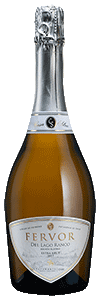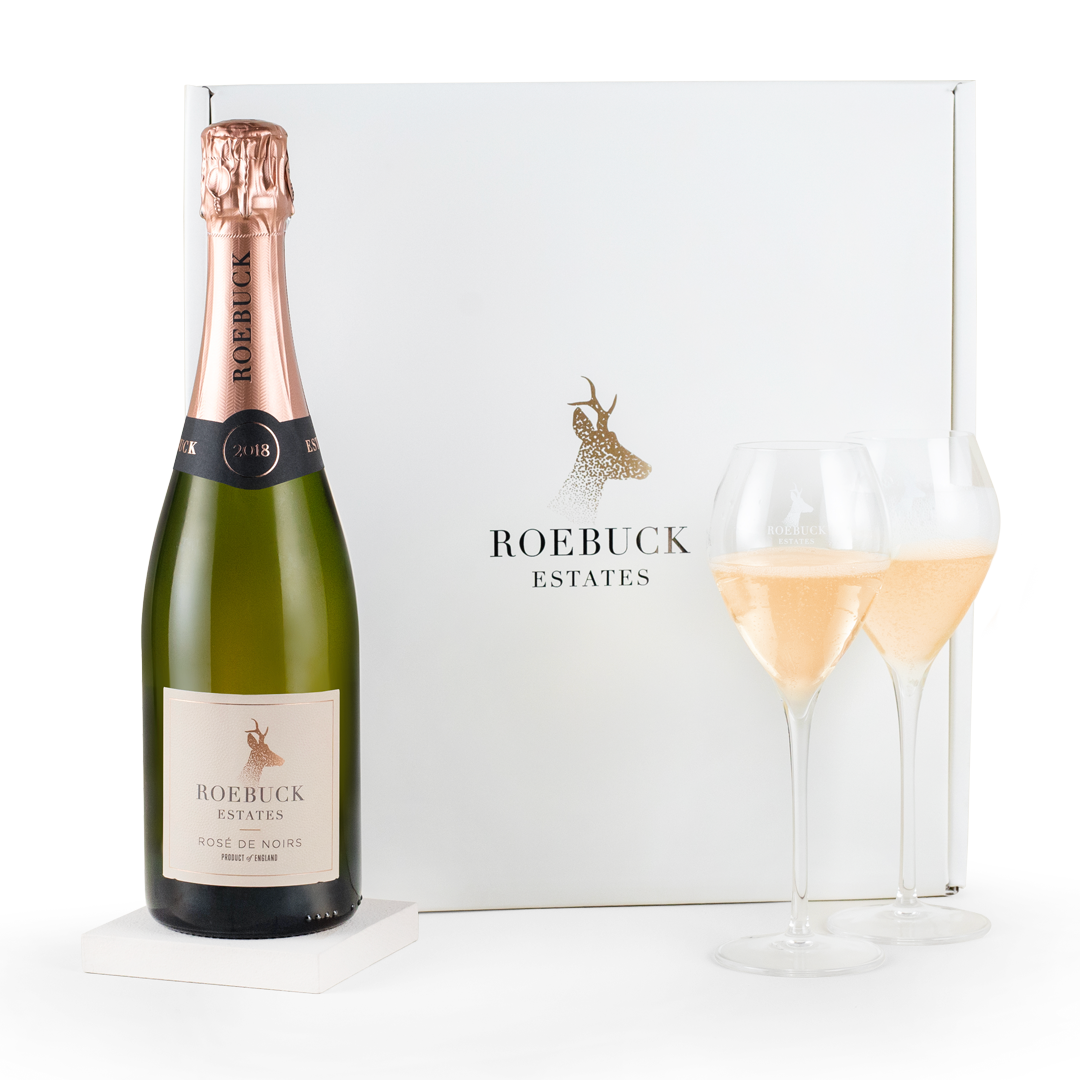Filter by
- From Australia’s iconic Jim Barry cellar, McRae Wood is a stellar Shiraz with 8 years’ age£35.00 per bottle
- Rich, intense Cabernet Sauvignon from premium Stellenbosch and a top South African estate£22.00 per bottle
- £18.99 per bottle
- £10.99 per bottle
- Magnificent Grand Cru Chablis with roundness, complexity and minerality from a small family estate£50.00 per bottleSAVE £5.00
- A luscious, oak-fermented Chardonnay from this family-owned, trophy-winning estate£23.00 per bottleSAVE £5.00
- Something new for Sauvignon Blanc lovers with a Spanish twist – crisp and citrusy with herbal length£10.99 per bottle
- Outstanding, 96-point Chilean fizz, awarded 'Sparkling Wine of the Year' by Tim Atkin MW£22.00 per bottleSAVE £5.00
- Another stunner from the RedHeads winery Down Under. Aromatic Riesling with a mouthwatering zing£14.99 per bottle
- £11.99 per bottle
- From this 7th-generation winemaker in the Mâcon’s Pouilly-Loché, a superb 93pt white Burgundy£39.00 per bottle
- Roebuck Estate’s superb 96-pt pink sparkling wine in a smart gift box, with two branded flutes£55.00 per bottleSAVE £10.00
- A fine, beautifully toasty and mineral-fresh English sparkling wine that perfectly hits the stumps£28.00 per bottleSAVE £10.00
- Classic, pristine Chablis from one of our favourite domaines in the region and a generous vintagefrom £24.00 per bottle
- Crème de la crème of sparkling Chenin Blanc from standout Jean-Philippe Blot, king of Montlouis£25.00 per bottle
- Superb 95pt Pinot Noir from top spot Central Otago, making wines to challenge those of Burgundy£47.00 per bottle
- From the Oastbrook estate in Sussex, a smooth, creamy Pinot Blanc with delicious balance and length£23.00 per bottle
- From pioneers in New Zealand winemaking, a superb, bright, textured Burgundian-style Chardonnayfrom £27.00 per bottleSAVE UP TO £6.00
- Magnificent 95-point red from one of the very best winemakers of Spain. Pure Mencía, silky and fresh£14.99 per bottleSAVE £4.00
- Dense, ripe, cassis-laden, southern French Cabernet, with claret-like suavity. The Belle of 2024£14.99 per bottle
- Terrifically fruity, smooth and quaffable Garnacha from Spain's sun-blessed region of Calatayud£14.99 per bottle
- Totally moreish, 89-point Cabernet wine from Bordeaux’s illustrious Rothschild Lafite’s empire in Ch£16.99 per bottle
- Bold Lebanese red wine with spice, structure and style — drink now or cellar£30.00 per bottle
- A strapping Cabernet Sauvignon from Australia's three-time "Winery of the Year"£12.99 per bottle
Wine FAQs
What is vegan wine?
You’d be forgiven for thinking that all wine must be vegan, seeing that wine is made from naturally fermented grape juice. However, it’s the winemaking process that means some wines may not be suitable for people following a plant-based lifestyle.
Most wine requires clarifying before being bottled. This process removes tiny particles and impurities that are natural by-products of fermentation, leaving crystal-clear wine to enjoy. The only way to do this is to use fining agents, which bind with these particles in larger clumps so they can be filtered away. Traditional fining agents include animal-based products such as egg whites or gelatin.
Vegan wine uses alternative fining agents that are plant or mineral-based to achieve the same result. This makes vegan wines safe to consume for anyone who wishes to avoid animal-based products.
It’s not always a lifestyle choice. When customers started asking about our vegan wines, we sought more information from our family of winemakers around the world. It turns out that many traditional animal-related elements used in fining wine were no longer being used anyway as winemaking techniques modernise.
Some winemakers do not clarify their wines at all – essentially leaving them unfiltered – which makes them vegan-friendly by default.
What makes a wine vegan?
Wine is considered vegan if it has been made without using animal products. This refers to the use of fining agents, which work to remove unwanted particles created during fermentation that can give the wine a cloudy, unappealing appearance. Traditional fining agents are often made from:
- Albumen – more commonly known as egg whites.
- Gelatin – from the bones, skin or connective tissue of cows and pigs.
- Isinglass – the dried swim bladders of fish.
- Casein – a substance found in milk.
These filtering agents are used in small quantities and are removed from the wine once they’ve done their job. However, some trace amounts might remain and – as they aren’t additives – there’s no requirement for them to be listed on the bottle label.
If you’re looking for a wine made entirely without animal products, opt for a wine marked as ‘vegan’. These wines use synthetic or plant-based products as fining agents or forgo the clarification process entirely.
What fining agents are used in vegan wine?
Winemakers can use many different types of vegan fining agents to clarify and stabilise their wines. These include:
- Kaolinite – a type of clay that’s found across the globe, including the UK.
- Bentonite – a clay mainly found in the US.
- Activated carbon – sourced from coconut shells, wood, bamboo or coal.
- Plant casein – a protein extracted from peas, soy and other legumes.
- Silica gel – made from silicon dioxide and commonly found in minerals such as sand and quartz.
- PPVP (polyvinylpolypyrrolidone) – a synthetic polymer that’s made in a lab.
Does vegan wine taste different?
Made with the same grapes and in an almost identical way, a vegan wine will taste no different to its non-vegan counterpart. The fining agents used to clarify and stabilise the wine don’t impart any flavour, so you won’t compromise on taste by choosing a vegan option.
You might have a slightly smaller selection to choose from, but many wineries now offer vegan versions of their most popular bottles.
How can you tell if a wine is vegan?
Many wine brands recognise the demand for vegan wines and are taking extra steps to cater to vegan needs. Many wineries label their wines as being vegan-friendly.
It is also a common label on websites and restaurant wine lists. For example, check out our product pages and you’ll see vegan or vegetarian listed in the ‘More Information’ section.
The Vegan Society has a label that is sometimes displayed on wine bottles to verify that the product doesn’t contain animal ingredients or derivatives.
Even if a wine isn’t labelled ‘vegan’, it doesn’t necessarily mean animal products were used. Many winemakers now use vegan-friendly options as a matter of practice but are not explicitly stating it.
If you’re unsure whether a wine is vegan, you can check online or contact the winery directly.



























